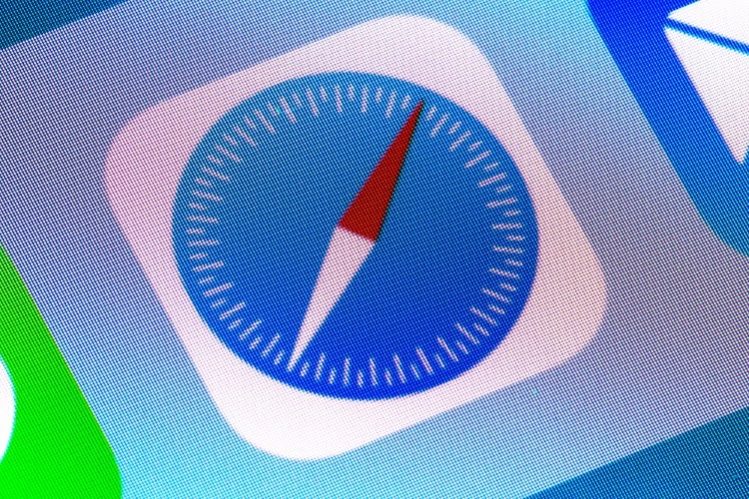

Both companies are justifying their moves as improving privacy. In theory, this will make it more difficult to mesh ad-tracking with information collected from data brokers and other providers, which has let marketers target consumers based on age, race and gender. Google’s feature will let marketers continue to target desired buckets of consumers, just no longer using an individual’s web history. The newest version of Apples Safari browser will push back hard against the ad-tracking methods and device fingerprinting techniques that marketers and data brokers use to monitor web users as. The jump to iOS 15 moves Safari's address bar to the bottom of the screen, whichin theorymakes your open tabs easier to access. Google, meanwhile, is inventing a cookie alternative, rather than crushing it. The company has already outlawed the use of unauthorized third-party cookies on its Safari web browser. Starting on Monday, Apple will require apps running on its devices to get consumer permission before tracking their activity on other apps and websites.

With these changes, both companies are wielding the kind of power normally only governments have.
#Apple safari web back risk new update
And Alphabet Inc.’s Google is nearing a similarly contentious update to its Chrome browser, which will radically alter how ads are targeted on websites. But Safari or more specifically the WebKit engine that powers it is well behind the competition. Whether it's far enough behind to be considered 'the new IE' is debatable and may say more about the shadow IE still casts across the web than it does about Safari. Apple’s plan has pleased privacy advocates but left mobile app developers, ad-tech firms and rivals (chiefly Facebook Inc.) worried and fuming. Apple's Safari lags considerably behind its peers in supporting web features. The moves are upending the way companies have reached audiences and made money from ads since the earliest days of the internet.
#Apple safari web back risk new software
and Google are making separate moves to effectively kill the software marketers use to track your online activity and tailor ads specifically for you. Apple sees the new system as part of its privacy-protecting tradition: a win-win situation in which it’s protecting user privacy while eliminating illegal content.


 0 kommentar(er)
0 kommentar(er)
